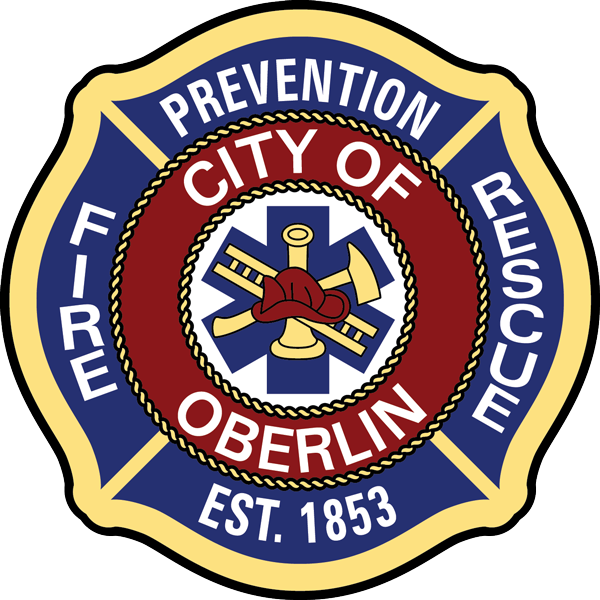Open Burning Regulations and Permits
Before you light it…know Ohio’s Open Burning Regulations.
What is “Open Burning”?
The Ohio EPA defines ‘Open Burning’ as any set outdoor fire that does not vent to a chimney or stack.
You are open burning anytime you light an outdoor fire. In the past, many materials – including leaves, tree trimmings, tires and construction debris – were routinely burned outdoors.
What is illegal to burn?
Some materials may not be burned anywhere in the state at any time. These include:
- Materials containing rubber, grease, and asphalt or petroleum – for instance, tires, cars and auto parts, plastics, or plastic-coated wire.
- Garbage – any waste created in the process of handling, preparing, cooking, or consumption of food.
- Dead animals.
Open burning is prohibited when air pollution warnings, alerts, or emergencies are in effect. No open burning can take place within 1,000 feet of an inhabited building located off the property where the fire is set. Nor can the fire obscure visibility for roadways, railroad tracks, or airports. Some types of wastes, such as leaves, branches, and grass clippings, cannot be burned in certain locations, known as restricted areas.
What is a restricted area?
- Within the boundaries of any municipal corporation;
- Within corporation limits and a 1,000-foot zone outside any municipal corporation with a population of 1,000 to 10,000;
- Within the corporation limits and a one-mile zone outside any municipal corporation with a population of more than 10,000.
Types of open burning permitted anywhere: (no permits required)
- Recreational fire (cooking for human consumption). In unrestricted areas, campfires under 3-ft diameter using clean fuel.
- Heating tar;
- Welding and acetylene torches;
- Smudge pots and similar occupational needs; and
- Heating for warmth of outdoor workers and strikers (restricted to 55-gallon drum).
Burning Permitted Outside the Restricted Area:
The following types of wastes may be burned upon obtaining permit/approval:
|
|
|
|
|
|
What will happen to me if I am caught illegally burning?
Ohio EPA and the Oberlin Fire Department has the legal authority to enforce the open burning laws. Violations can result in substantial penalties, including the cost of extinguishing the fire. Violators within the City or Township can be issued a fire code citation to Oberlin Municipal Court or a citation directly to the State Fire Marshal. Fire code violations are first degree misdemeanors subject to fines up to $1,000 per offense and imprisonment up to six months.
Be sure to OBTAIN A PERMIT from the fire department before you begin to burn.
